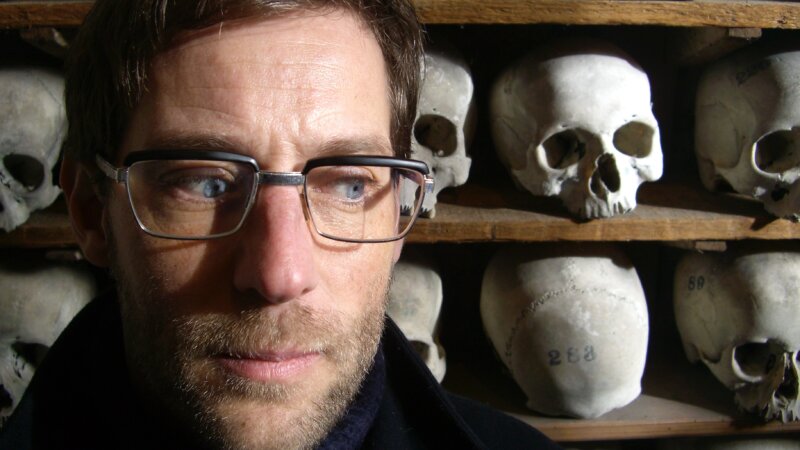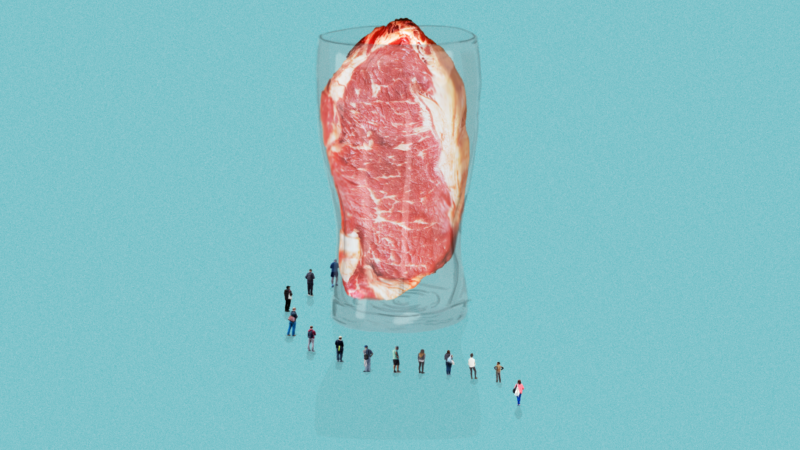Black History Month: Melanin Fest & Our Mel

October is known for Halloween, but in the UK it is also Black History Month, the time of year when the stories and achievements of black people in Britain are recognised, shared and celebrated.
In October 2017, a new festival was launched in Sheffield's cultural calendar. MelaninFest, founded by me and Gabriela Thompson-Menateaux, brought together over 40 organisations and 1,300 people. Gabriela and I met after the 2016 Sheffield Black Lives Matter march, which I helped organise. Both of us were on a journey of self-love and self-discovery, learning what it meant to be a black woman living in Britain. Gabs had the idea of creating social events for black women and I wanted to celebrate Black History Month. We merged the two and our group, Our Mel, was born. Today, almost two years since we started, Our Mel has hosted over 60 events in Sheffield, London and Leeds.
The core belief behind Our Mel is that representation matters
Simply put, Our Mel is a social enterprise dedicated to exploring black history, cultural identity and what it means to be a person of colour in Britain today. Our mission is to support, encourage, teach and build the Sheffield community through music, film, art and education by creating safe environments for learning where embracing cultural heritage is encouraged. The core belief behind Our Mel is that representation matters, stories matter and history matters. It's about making sure the voices of black people and people of colour are centred and that talent is showcased right here in Sheffield.
Black History Month itself finds its beginnings 91 years ago in America, amidst racial segregation and the Jim Crow laws. It was first called Negro History Week by the great historian Carter G Woodson and later renamed Black History Month, rising out of the Black Power movement of the 1960s. In the UK, Black History Month was first celebrated in 1987 and last year celebrated its 30th anniversary.
In British schools, black history is not a compulsory subject. Growing up, I was one of a handful of black children at my school and I never really felt like I fitted in. My teachers were white, my friends were white, and the people that I would read about in the story books were white.
Black British history is history, as well as black
The narrative of British history in the UK curriculum is whitewashed with British triumph and rule, with most history books distorting, misrepresenting and omitting the real story of black people. Just one example of this is the Moors in Tudor times, Black African people who had conquered and ruled in Spain before coming to settle in Britain. Growing up, I was never taught this. The same goes for the Victorian era - I had never once seen a picture of a Black Victorian, but since founding Our Mel I've come across the most stunning portraits of Black Victorians.
Our Mel recognises that black history is a history interconnected and so is not limited to a month or a time of year. Its roots are interwoven with stories of pain, struggle, strength and beauty. It's the story of black people everywhere and all of us have the power to teach our children the truth. To quote the highly-esteemed historian David Olusoga, who joined us for last year's MelaninFest, "Black British history is history, as well as black." The two are mutually entwined. We can't have one without the other, because history is what shapes us, defines us and helps us move on - together.
Annalisa Toccara
MelaninFest runs from 1 to 31 October 2018.
Picks of the festival include: In Conversation with writer and broadcaster Afua Hirsch (Thu 18 Oct, The Diamond); Indubitable, an art exhibition exploring body positivity, self love and mental health (8-14 Oct, 35 Chapel Walk); Creating While Black, a PR masterclass with Ronke Lawal (Sat 20 Oct, ROCO); and And Still I Rise, a spoken word night inspired by Maya Angelou (Tue 16 Oct, Theatre Deli).








